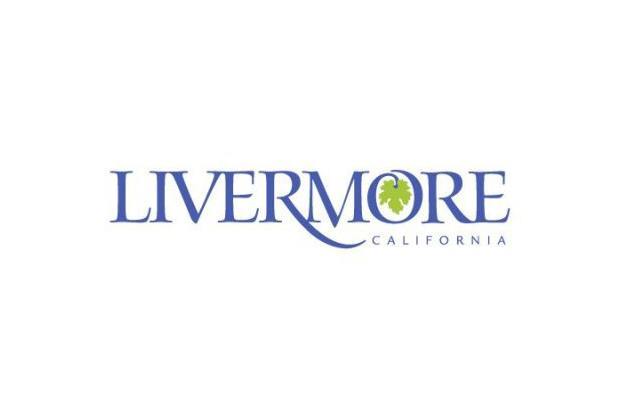Nearly one year to the day after it first announced plans to ban flavored cigars and menthol cigarettes, the U.S. Food & Drug Administration (FDA) has unveiled its plans to do both.
Today, FDA announced proposed rules regarding “Tobacco Product Standard for Characterizing Flavors in Cigars” and “Tobacco Product Standard for Menthol in Cigarettes.” The plans—technically, these are two separate initiatives—are relatively straight forward:
- FDA will ban the sale of menthol cigarettes
- FDA will ban the sale of all flavored cigars, including large flavored cigars like ACID and Java
- Menthol e-cigarettes will still be allowed
They would take effect one-year after FDA issues a final rule, which the agency cannot do for some time. As part of the proposed rule process, FDA must allow for comments on its plans—anyone can provide them—which will take place between May 4-July 5, 2022. FDA will then have to formulate replies to those comments, a process that will likely take at least one year before it can then unveil a final rule, meaning it’s highly unlikely any bans would start before 2024.
That accelerated timeline would also assume a world where plaintiffs were unable to get a delay from a court, something that is common in regulation like this.
FDA says the action on flavored cigars is needed due to underage use of the products. The agency cites the 2020 National Youth Tobacco Survey which indicated that 5 percent of high schoolers surveyed indicated they had smoked a cigar in the past 30 days. Of that, 58.3 percent of the 5 percent—or 2.9 percent of those surveyed—said it was a flavored cigar.
It also cites the success of localized flavored cigar bans. In Providence, R.I.—where all flavored cigars other than menthol, mint or wintergreen were banned in 2013—sales of cigars decreased by 51 percent, compared to just a 6 percent decline in Rhode Island as a whole. Furthermore, the youth use of cigars and cigarillos in Providence declined from 7.1 percent to 1.9 percent between 2016 and 2018.
When FDA announced plans to make this announcement, sources told halfwheel that there was some support within the Biden Administration to allow for large flavored cigars to remain legal. Predictably, that did not make it into the proposed rule announced today. FDA briefly commented on the matter within the proposed rule:
The proposed scope of this rule–applying to all cigars, rather than only a subset of cigars–is important to protect public health and is justified by existing evidence.
FDA doesn’t cite what specific evidence it’s referring to in regards to applying to all flavored cigars instead of just smaller, machine-made flavored cigars, though the agency regularly mentions that all cigars have nicotine and are therefore harmful.
The proposed rule will have no direct effect on non-flavored, large cigars. FDA reiterated that due to a court order—one that FDA itself petitioned for—non-flavored “premium cigars” are not subject to premarket review orders currently. Furthermore, because one part of the “premium cigar” definition excludes flavored products, no cigar that meets the “premium cigar” definition would be subject to the proposed ban on flavored cigars.
Update — Drew Estate, the largest manufacturer of handmade large cigars, issued the following statement:
The Food and Drug Administration is moving forward with a proposed product standard regarding characterizing flavors in cigars despite a near-vacuum of scientific evidence to support this decision. FDA’S announcement today is only a proposed rule and must go through a lengthy comment and approval process before it can be enacted. Given this, Drew Estate will continue business as usual. Our entire portfolio remains available for us and our retail partners to market and sell to our adult consumers without interruption.
The evidence that does exist with respect to premium cigars, both traditional and flavored, shows occasional consumption by a small cohort of adults, and based on the government’s own studies, that youth usage is virtually non-existent.
The overall public health community has increasingly supported a posture of allowing citizens to make their own informed health decisions. This FDA action, however, does the opposite. It restricts consumer choice and removes adult products from the market without scientific basis for doing so. FDA should suspend action on a flavor standard for cigars until further study is done on the manner of use of various types of cigars and its implications. Indeed, the report recently published by the National Academy of Sciences, Engineering, and Medicine at the request of FDA recognized the distinct usage patterns of premium cigars and concluded that further research was necessary. Adult cigar consumers should be empowered to weigh the evidence and risk as that information emerges and make fully educated choices.
Drew Estate, individually and as a member of the Cigar Association of America, has been a responsible corporate partner with FDA and has sought to work with the agency not only to understand and meet its obligations but to educate the agency about premium cigars, including the economic impacts of regulation on our retail and wholesale partners. Drew Estate plans to vehemently oppose this measure with meaningful scientific and economic data, and encourages adult consumers, employees, retailers, and other stakeholders to make their views known to FDA and other policymakers.



